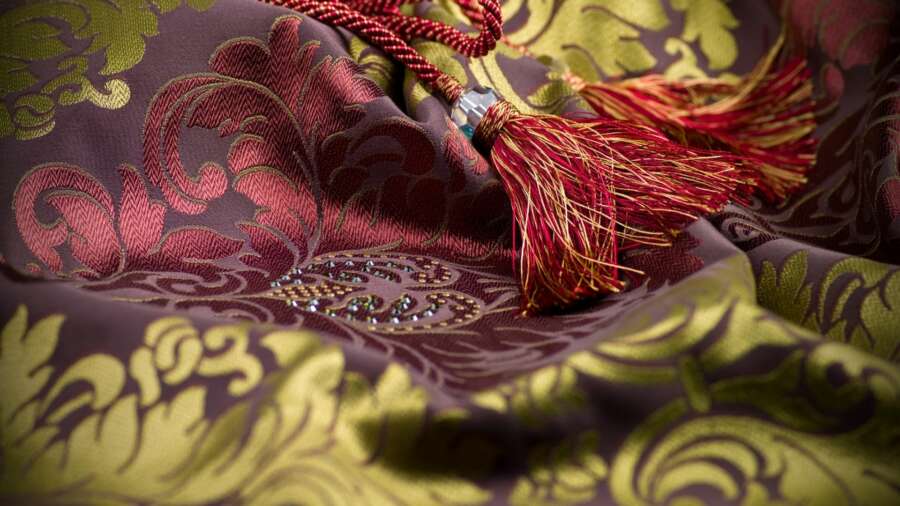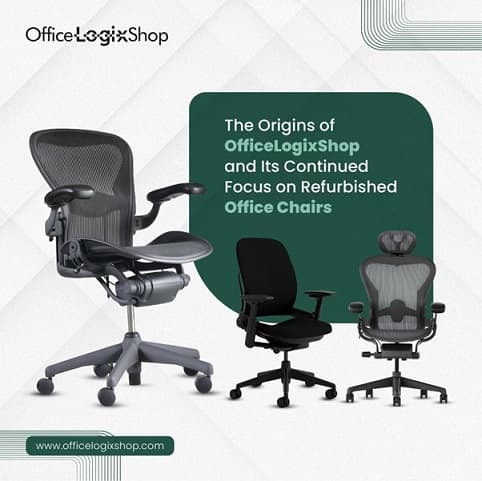
By Sonal Keay, founder of This Is Silk www.thisissilk.com
Mother Nature’s favourite fabric
It is hard to think of many positive outcomes from the pandemic, but a clear one is the way in which nature has flourished in the absence of pollution. There have been reports of bumper harvests and cleaner air. Forbidden from going to gyms or classes, many of us took the opportunity to walk more in the glorious sunshine. Noise pollution from the roads plummeted and we all heard more birds and fewer cars. Hopefully this will translate into appreciating nature more as we move slowly back to normal life.
One way we can help Mother Nature (and therefore ourselves) in this regard is by living more ‘naturally’. As the impact of unbridled consumerism, unlimited plastic, fast fashion and monocultures is coming to the fore, we could all be a little more circumspect in what we purchase.
The science of silk
The fabrics receiving a lot of attention at the moment is Silk. Its use is being pioneered for high-tech solutions for clothing and for food storage. It really is the most wondrous, sustainable substance, and even now, it is not fully understood by scientists. Closer to home, people are becoming aware of its versatility for use in everyday life.
Silk has always been revered for its beauty and lustre and was once so prized that only royalty and the aristocracy were permitted to wear it. It was so coveted that the routes linking East to West were named after it.
But there is much more to Silk than its beauty, and though it has an incredible history, its future looks brighter still. People are becoming aware that Silk clothing can help regulate our body temperatures, cooling us in the heat and keeping us warm in the cold. Now that we all have to wear masks, it has become proven that silk masks are the most breathable and comfortable to wear . We have seen sales of silk face masks rocket this year. We are all becoming aware of silk’s qualities and how compatible it is with our bodies.
Sleeping on silk delays ageing
Sleeping on Silk pillowcases is a very natural way to help condition your skin and delay the signs of ageing, and wrapping your hair in silk overnight is a chemical-free way to minimise frizz and lock in shine.
There is also the undeniable sensory benefit of sleeping on Silk. In recent years attention has rightly been focused on the critical importance of sleep and the dreadful consequences for our health if we don’t get enough. If you are anything like me, and I know I am not alone, it can be hard to drift off when there is so much going through your mind, and the current circumstances have not helped. There is something quite wonderful about switching off the light (and your phone!) and marking the end of the day by sinking back into a silk covered pillow. It feels luxurious and like a well-deserved treat, and it will aid the quality of your sleep by ensuring you don’t feel too hot or too cold. People who discover the joy of sleeping on silk all wish they had discovered it earlier. It is certainly hard to go back to cotton when you have experienced sleeping on the ‘Queen of Fabrics’, as silk is known.
Ditch the cotton
You can rest easy knowing that whilst you slumber, the amino acids in Silk benefit the skin and hair, and the smooth surface minimises friction against delicate facial skin. Cotton may appear to be a smooth fabric, especially at the higher end, but on a microscopic level it is actually very coarse and abrasive to skin and hair.
The effect of sleeping on such a rough surface for several hours a night is like exfoliating your skin for hours on end. The constant micro-abrasion is damaging for our skin and ultimately accelerates the ageing process. The cotton also absorbs much of the skin’s natural oils and most of the expensive serums and creams we put on, drying out our skin.
Cut down on chemicals
Silk hair wraps work by enveloping the hair completely in Silk and with these, the difference is even starker. Hair wrapped overnight in Silk will be smoother, glossier and better conditioned in the mornings. It almost sounds too good to be true, but this is a small change we can make, which would instantly enable us to cut down on chemical-laden lotions and potions. A recent report estimated that the average woman absorbs 5 lbs of damaging chemicals a year from all the skincare products used.
It would be impossible to cut out these things completely, and as with all things, the benefits can outweigh any potential drawbacks. But when we remember that our skin is our largest organ, it does make sense to be prudent with our choices.
Silk is eco-friendly
Silk is not only kind for us – it is kind for the environment. At a time when we are all concerned with carbon footprints and the amount of carbon we are releasing into the air by burning so many fossil fuels, it is interesting to note that the production of Silk (called ‘sericulture’) results in a carbon sink. The process removes carbon from the atmosphere as a wonderful by-product. Silkworms are notoriously fussy and will only eat mulberry leaves. They have voracious appetites and the number of trees needed to support them results in a net benefit to the atmosphere. Mulberry trees benefit the soil in which they are planted, forming a virtuous cycle.
Silk also contains none of the harmful micro plastics found in micro fibre fabric. Micro fibre is a huge problem for the environment, and sadly it is cropping up more and more in the fabrics we use in our home and beauty routines. Micro fibres leak microfabrics when washed, and these find their way back into our waterways. They don’t biodegrade like silk does and they also tend to bind with molecules of harmful chemicals. These harmful substances end up in our seas, oceans and ultimately, in all living organisms.
Trust your instinct
I am convinced that on a very primal level; one that goes way beyond logical thought and experience and has more in common with instinct and feeling, we humans have a way of knowing what is good for us. There is a reason we are drawn to luxurious, natural fabrics and natural materials. We should embrace that more.
Sonal Keay is obsessed with all things Silk and can be found at www.thisissilk.com, along with award-winning Silk products.


